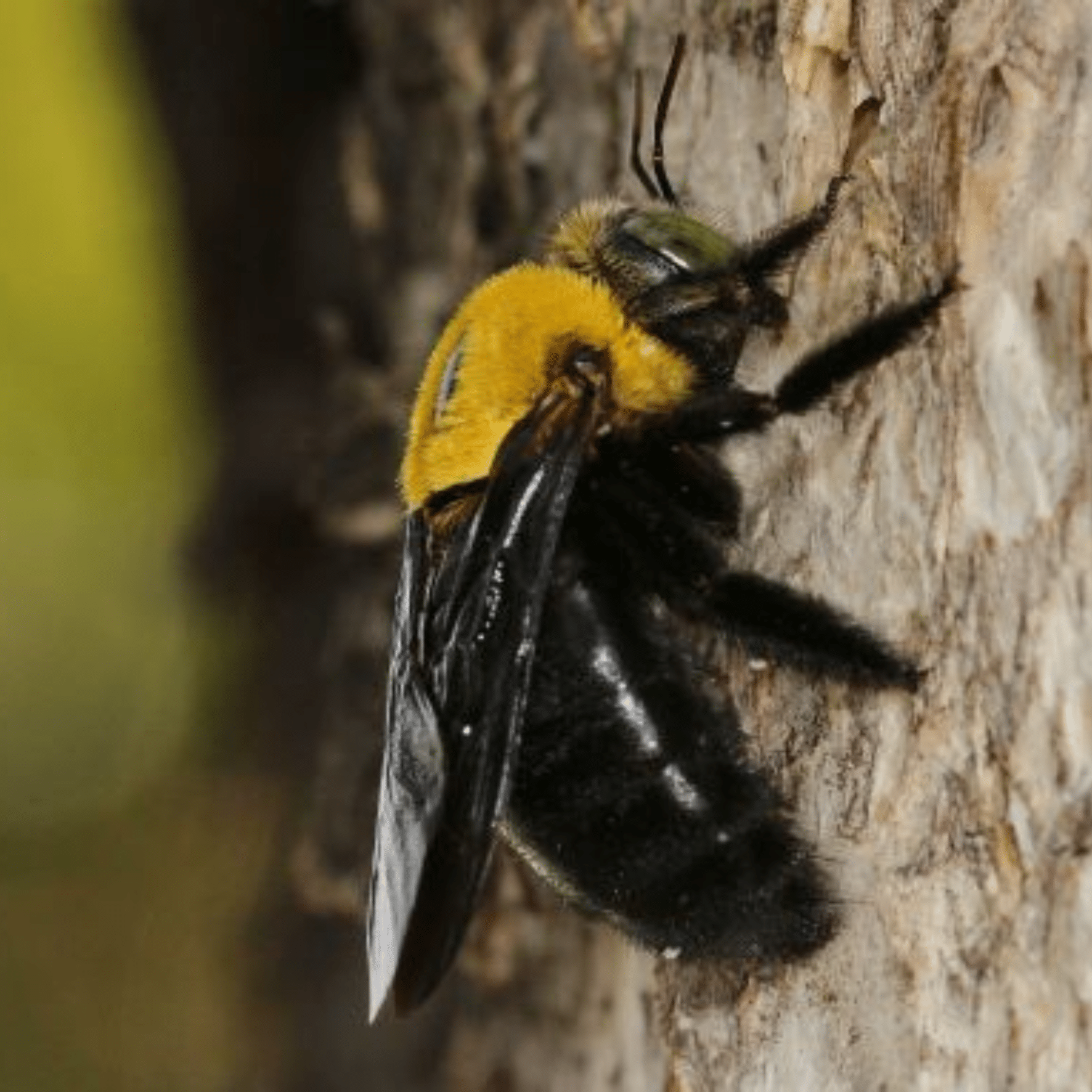Melastoma Affine is commonly known as the Native Lasiandra or Blue Tongue
In 2011, this plant was recorded in the Port Macquarie Hastings LGA at Macquarie Nature Reserve, the North Shore and at Diamond Head. Previously, it was believed its southern most range was to Kempsey.
Melastroma Affine is a small to medium attractive shrub which is fast growing and adapts well to a variety of soils and conditions, although best flowering is achieved in full sun with a good water supply. Regular pruning is recommended from an early age to encourage a dense, bushy form. With its leathery, dark green foliage and contrasting red stems, this shrub is the perfect addition to an ornamental garden
Native birds enjoy it's fruit
The large showy flowers last only a few days but are produced over many months. These are followed by blue-black fruit with a sweet edible flesh which will stain the mouth a dark bluish colour, providing messy fun for children, hence one of the common names Blue Tongue.
The fruit is eaten by native birds, which is the main method of seed dispersal.
In reserves around Port Macquarie, we would find it in Littoral Rainforests, wet sclerophyll forest and subtropical floodplain forest on sand, so keep your eyes open for this beautiful shrub. They play an important role in the vertical structure of natural areas and provide valuable habitat in the shrub layer

Great Carpenter Bee (genus Xylocopa)
Image: Laurance Sanders, Flickr
'Buzz Pollination'
Whilst producing no nectar, the blue tongue’s attractive purple flowers produce large quantities of pollen that provide a food source for bees and other native insects. It has a close relationship with native bees, especially the Giant Carpenter Bee (genus Xylocopa) and the Metallic Green Carpenter Bee (genus Lestis). The pollen is tucked away in deep pores in the stamens and is only released if the stamens are vigorously shaken. This is done by `buzz pollination’ where the bee grasps the stamens with its legs and vibrates its wings rapidly causing the pollen to rain down upon the bee. Once the pollen is all over the bee it can be readily transferred to the flower’s stigma, resulting in pollination.
Available at the Landcare nursery
The nursery has a wide supply native plants available. Learn more about the nursery at www.landcareportmac.com.au





